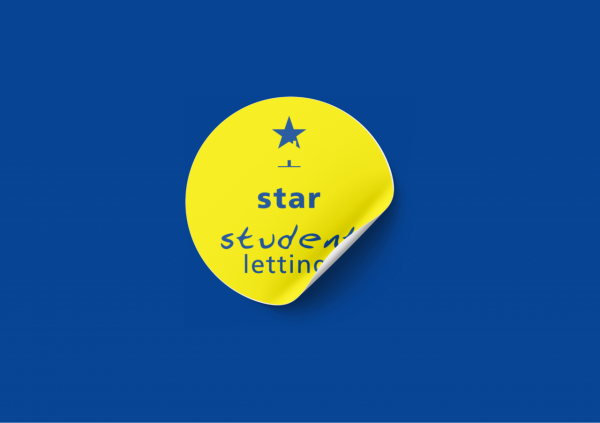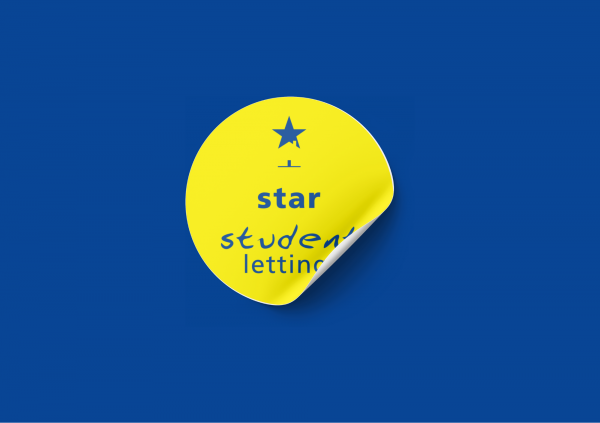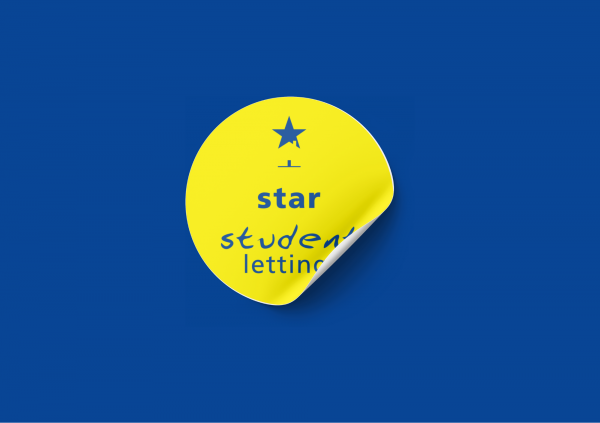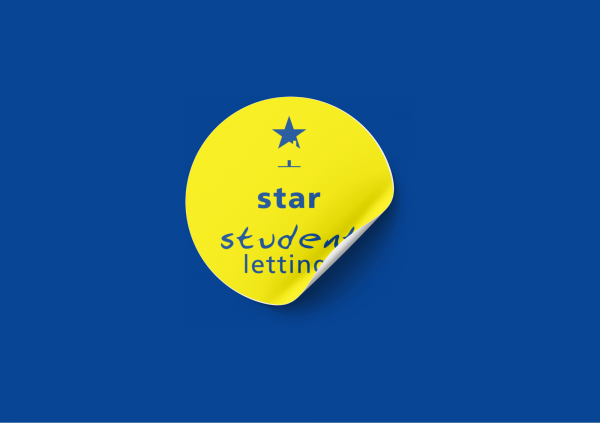Moving to a new country for university can be both thrilling and daunting. One of the most important things you'll need to sort out before your arrival is student accommodation. For international students, finding the right place to live is essential for settling in and enjoying your time abroad. Whether you’re coming to study in Exeter or any other UK city, this guide will walk you through everything you need to know about student accommodation, from finding a place to settling in.
1. Types of Student Accommodation in the UK
Understanding the different types of accommodation available is the first step to finding a place that suits your needs, budget, and lifestyle. Here's an overview of the most common types of student accommodation in the UK:
University Halls of Residence
University halls are often the first choice for many international students, especially in their first year. These are student-only residences that are either run by the university or through private providers.
Pros:
Close to campus
Fully furnished and equipped
Bills usually included in the rent
Great for meeting new people
Cons:
May be more expensive compared to other options
Less privacy
Private Student Accommodation
Private student accommodation is similar to university halls but is managed by private companies rather than universities. These can range from purpose-built student blocks to shared houses.
Pros:
More independence and privacy
Flexible contract options (some offer short-term leases)
Often in central locations, close to amenities
Cons:
Higher cost (especially in city centres)
Sometimes less inclusive than university halls (bills and amenities may not always be included)
Shared Houses or Flats
If you want more independence and a more homely environment, renting a house or flat with other students might be a good option. This can be arranged privately or through a letting agent.
Pros:
More freedom and privacy
Often cheaper than halls, especially if you share with several people
Potential for a better understanding of British culture and living
Cons:
You’re responsible for finding and setting up utilities (e.g., gas, electricity, internet)
You may have to handle issues like repairs or late rent payments
Homestay Accommodation
Homestay involves living with a host family, where you get your own room and shared facilities with your host. This is often a great choice if you want to immerse yourself in local culture and have more support during your initial stay.
Pros:
Full immersion into British culture
Meals are often included
Great for students who are new to the UK
Cons:
Less privacy and independence
Limited flexibility with rules
2. How to Find Student Accommodation in the UK
Finding the right accommodation can be overwhelming, but with the right approach, you’ll find a place that suits your needs. Here’s how to go about it:
Start Early
Start your search as early as possible to avoid last-minute stress. Many students secure their accommodation months in advance, especially for popular cities like Exeter. This gives you more time to choose the right property and potentially save money.
Use Reputable Websites and Agencies
When searching online, make sure to use trusted student accommodation websites and agents. Some popular websites include:
Student.com
Unite Students
Roompicks
Rightmove (for private rentals)
Your university may also have its own accommodation portal or recommend trusted agents.
Consider Your Budget
Set a realistic budget for rent, taking into account your living expenses. The cost of living in different cities can vary, and Exeter is known for offering more affordable living compared to larger cities like London.
Rent can range from £[X] to £[Y] per month, depending on the type of accommodation and location.
Don’t forget to factor in bills, groceries, transport, and other expenses.
Look for Accommodation Close to Campus
Choose accommodation that’s conveniently located, ideally within walking distance or a short commute from your university. This will save you time and money and make your daily life much easier.
Read Reviews and Check Ratings
Before signing any contract, read reviews from previous tenants. This can give you a good idea of the accommodation quality and landlord responsiveness.
3. What to Look for in Student Accommodation
Once you’ve found a few options, there are a few things to keep in mind when making your final decision.
Location
Proximity to University: Is it easy to walk to your campus, or will you need to rely on public transport? Living close to your university can save you time and money.
Nearby Amenities: Check if there are supermarkets, cafes, and other essential services nearby, especially if you’re living independently.
Furnishings and Facilities
Fully Furnished: Most student accommodation is furnished, but make sure your room comes with the essentials (bed, desk, chair, wardrobe).
Kitchen and Laundry Facilities: Does the property offer shared kitchens, or do you have a private kitchen? Check if there are laundry facilities available on-site or nearby.
Wi-Fi and Utilities: Confirm whether Wi-Fi and bills (water, gas, electricity) are included in the rent. Many student accommodation options include bills, but some private rentals may require you to set this up yourself.
Security
Ensure the property is secure with appropriate locks on doors and windows. Some student halls and private accommodation may also offer additional security features like CCTV and on-site staff.
4. Understanding the Tenancy Agreement
Whether you’re staying in university halls or private accommodation, you’ll be asked to sign a tenancy agreement. Make sure you fully understand the terms before committing to anything.
Rental Period: Most student tenancies last for 12 months, but you may be able to find short-term options if you’re staying only for one semester or term.
Deposit: You may be required to pay a deposit before moving in. This is usually refundable at the end of your stay, provided there’s no damage to the property.
Rent Payment: Confirm the frequency of rent payments (monthly, termly, etc.) and the payment method (bank transfer, online portal, etc.).
5. Settling In and Adjusting to Life in the UK
Once you’ve secured your accommodation, it’s time to settle in and adjust to life in the UK. Here are a few tips to help you get started:
Familiarise Yourself with the Area: Explore your neighbourhood, locate nearby shops, and find out the best routes to get to university. Having these details sorted early will help you feel more at home.
Understand UK Customs: Living in the UK may involve adapting to new customs and social norms. Take time to learn about British culture, food, and etiquette to make your transition easier.
Reach Out to Fellow Students: Most universities will host international student meetups, which are a great way to make friends and learn from others who’ve been through similar experiences.
Look After Your Wellbeing: University life can be challenging, especially in a new country. Make use of your university’s wellbeing services and don’t hesitate to reach out for support when you need it.
Why Choose Star Students for Accommodation in Exeter?
At Star Students, we specialise in offering fully managed, student-friendly accommodation in Exeter. Whether you're an international student or local, our range of properties offers convenience, comfort, and affordability.
Fully furnished properties
All-inclusive rent packages
Great locations close to the university and transport links
24/7 customer support for any queries or maintenance needs
Contact us today to find your perfect student accommodation in Exeter!







Share this with
Email
Facebook
Messenger
Twitter
Pinterest
LinkedIn
Copy this link